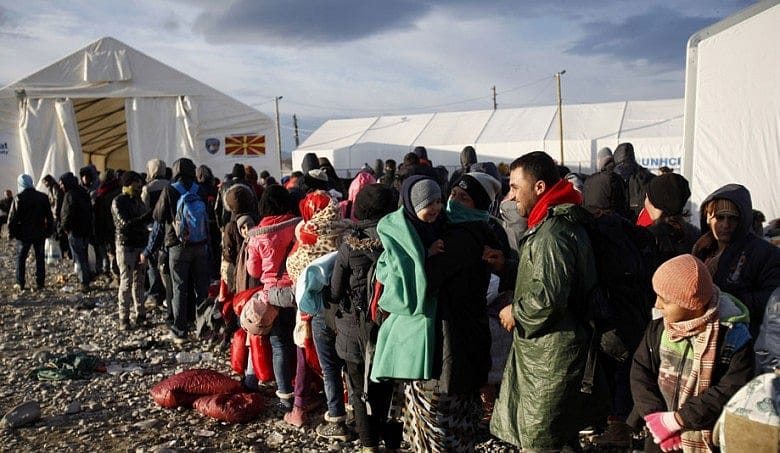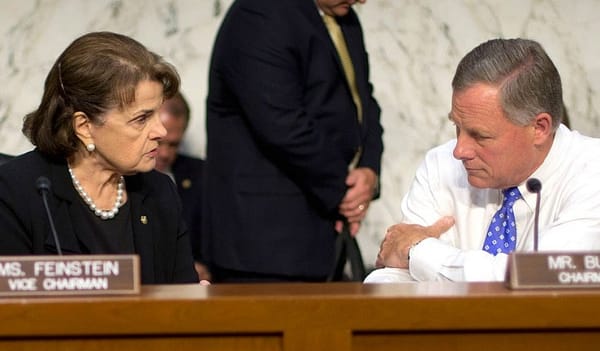The lost boys: To win the war on terror, America must win the hearts and minds of young men

The Middle East is set aflame by war, genocide, and unspeakable atrocities. Millions of refugees are making their arduous way to the north and the west in the hope for safety. Hordes of them have found safe haven in Europe.
Meanwhile, many Americans are succumbing to hysteria, demanding we seal the borders lest a terrorist sneak in, posing as a refugee. Politicians, instead of providing the calming solace of true leaders, encourage such hysteria, and a number of governors have rejected the idea of welcoming refugees to their states altogether.

